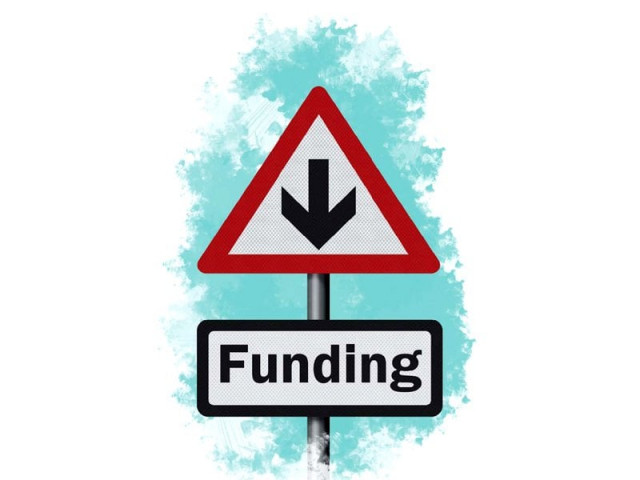Steps set for foreign-funded projects
Economic managers stress timely execution, cost control and careful risk analysis

The government has outlined several key steps to ensure the success of foreign-funded projects while aiming to reduce foreign loans.
Sources told The Express Tribune that the country's economic managers have directed the Planning, Development, and Special Initiatives (PD&SI) Division to analyse all foreign-funded projects, particularly those that do not generate returns in the currency of the loan, and to suggest long-term policy directions.
In a recent meeting, the Economic Coordination Committee (ECC) decided that the following policy should guide future project planning and execution:
Sponsoring and executing entities/agencies must ensure that all projects, including foreign-funded ones, are implemented within specified timelines, with clear ownership and lines of accountability to prevent time and cost overruns.
The economic and financial risks associated with foreign-funded projects should be carefully assessed, as these loans carry exchange rate risks, and repayments can become even more burdensome when the project's returns are in local currency.
All projects should have solid economic and financial justification, stemming from their necessity and potential benefits. The long-term benefits and economic advantages must be the basis for evaluating their viability.
Road construction and related projects should preferably be financed through Public Sector Development Programme (PSDP) resources or foreign grants, rather than through foreign or expensive domestic loans. This approach will reduce the financial burden on the government and prevent crowding out the private sector through domestic borrowing, especially where roads are being built as a policy choice rather than for economic or financial reasons.
The opportunity cost of choosing foreign-funded options, such as road construction, instead of alternatives like railroads, should also be considered. The final decision should be based on economic and financial viability.
During the discussion, the ECC chairman expressed serious concerns about the inordinate delay in a particular project, which had been approved by the Executive Committee of the National Economic Council (ECNEC) back in 2008.
It was noted that such delays increase the financial burden on the government, especially for projects involving foreign currency. It was observed that if a foreign-funded project is not expected to generate sufficient returns, contracting the project is not justified.
However, it was explained that since the project was already at an advanced stage, backing out from the commitments made with foreign agencies would result in additional costs.
It was also pointed out that while domestic loans are preferable, they are often more expensive compared to foreign loans. Additionally, the government's high level of domestic borrowing is crowding out the private sector.
The ECC reviewed the summary submitted by the Ministry of Communications regarding the "Chakdara-Timergara, 39 KM (Section-I) Road Project (N-45)" and approved the proposal.
The Ministry of Communications informed the ECC that National Highway N-45, which connects Nowshera with Chitral, is vital for regional connectivity. However, the road's condition has deteriorated over time. On August 22, 2016, ECNEC approved the project's PC-1 at a total cost of Rs17,423 million, including a Foreign Exchange Component (FEC) of Rs16,030.345 million (approximately $153.1 million), funded by the EXIM Bank of Korea.
In the first phase, the Korean EXIM Bank approved a loan of $93.779 million for improving and widening Section-III (Kalkatak-Chitral, 48 km). In the second phase, it agreed to provide a $49.045 million loan for Section-I, with the agreement valid until December 31, 2025.
The loan agreement specified that the procurement of consultants shall be conducted per the "Guidelines for the Employment of Consultants under the EDCF Loan." Public Procurement Rule-5 of PPRA can be invoked after ECC authorisation and consultations with relevant stakeholders. Rule-5 is further supplemented by Public Procurement Regulations, 2011, concerning international and inter-governmental commitments of the federal government.
The Ministry of Communications requested the ECC to authorise the Ministry/National Highway Authority to proceed in accordance with Public Procurement Rule-5 in procuring consultancy services for Section-I (Chakdara-Timergara, 39 km) under the Chakdara-Chitral Road Project (N-45).



















COMMENTS
Comments are moderated and generally will be posted if they are on-topic and not abusive.
For more information, please see our Comments FAQ